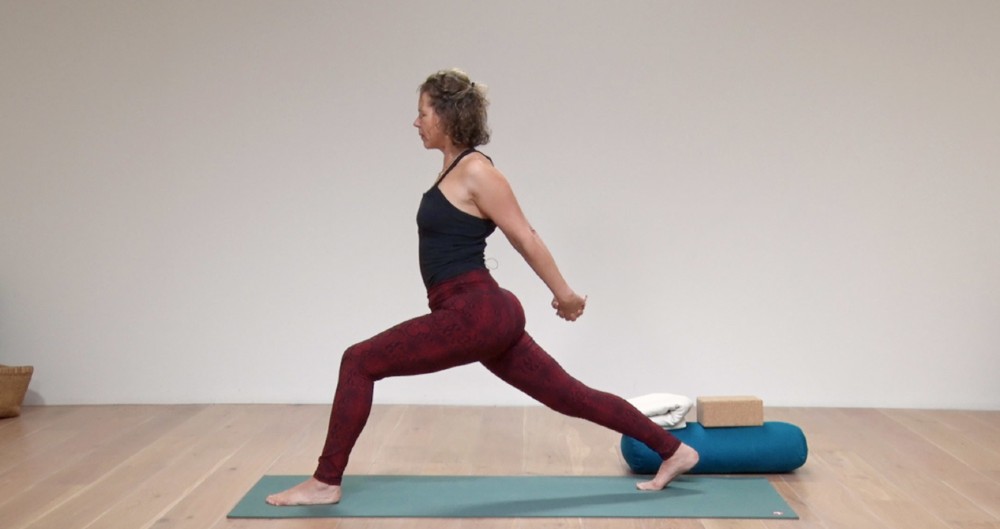Getting to know our own boundaries is a very powerful tool when we are learning to stand in our own strength and become more empowered and resilient.
The words ‘limit’ and ‘boundary’ have somewhat of a negative connotation in our culture. Everything is geared toward growth and expansion; you need to learn more, do more, enjoy more, know more, connect more, etc. All those things are good of course, but they need to come in personalised dosages. If you just keep going, keep pushing, keep allowing – eventually, you can become stressed out, anxious and depleted.
And over time, if you keep routinely crossing your boundaries, or allowing others to cross them, you can become overly sensitive about them. You don’t want to do anything that comes even close to feeling unpleasant, unfamiliar or uncomfortable. You can get over-sensitive, irritated and frustrated even by the smallest things: co-workers asking you for a small favour, your kid leaving his socks on the bathroom floor, a partner that leaves dirty dishes in the sink longer than you would like, you, not finding your keys “where they are supposed to be.”
Everything just feels, and is, like oil on the fire. When you recognise yourself in these scenarios, and I am sure we all have been there one time or another, it means that you have compromised your boundaries and reduced your resiliency.
In short, resiliency is your ability to recover or adjust easily from stressful events, things or people. When you have routinely crossed your boundaries, you feel more anxious even in times of rest. You will not be able to cope with even small changes from the ordinary. Everything that you experience as even slightly negative will affect you exponentially hard. Your autonomic nervous system is in “flight-fight” mode and does not shut off when there is no danger. This state keeps you in a high alert, high reaction mode all the time. And when this situation continues for too long, your body and autonomic nervous system will eventually shut down; you may experience depression and/or burnout, which leaves you without any energy and any power to act.
While this paints quite a dramatic picture, it is just to show you how important it is to not only know and respect your boundaries but even love them!
Because knowing and respecting your own, personal boundary helps you to self-preserve and recharge your batteries. It is not an unnecessary luxury to say “no” on a very regular basis; it is needed in order to stay healthy, happy and content.
It is not a luxury to say “no” on a very regular basis; it is necessary in order to stay healthy, happy and content.
You can learn to feel where your limit is. You can learn to appreciate that at different times your boundaries will be different. Some days you are just able to handle more than others. This is normal. This is healthy. The more you are able to feel and respect yourself, the better your resiliency becomes. The better your resiliency, the more you are able to handle.
And this is key: everyone is different. There is so much beauty in this; you do not have to compare yourself to others. They have their own boundaries. When they say “no” you can respect their answer as much as you respect your own. And with that, no one can determine where your boundary is either and that is also not anyone else’s job. It is yours. Other people cannot look inside your head or feel into your body. That is for you to decide.
It may sound strange but learning about your own boundaries will lead you to more freedom: the freedom to respect and love yourself first. It will help define who you are. It will bring you from a place of feeling helpless to becoming very powerful indeed.
Practice in class
One of the most empowering things you can do for yourself is to discover your boundaries – physical, mental and emotional – and respect them. In this class you will tune into your capacity and limits with some breath work. This exploration will continue with some asana, which is meant to challenge you so boundaries become more visible through your felt sense in your body.
Read the rest of Sandra’s Empowerment series articles
- Part 1 – The Empowerment Series Learning to feel
- Part 2 – How to accept and honour your true feelings
- Part 3 – this article
- Part 4 – Become your own leader – taking responsibility for yourself
- Part 5 – Live your truth – daring to live the life you long for


